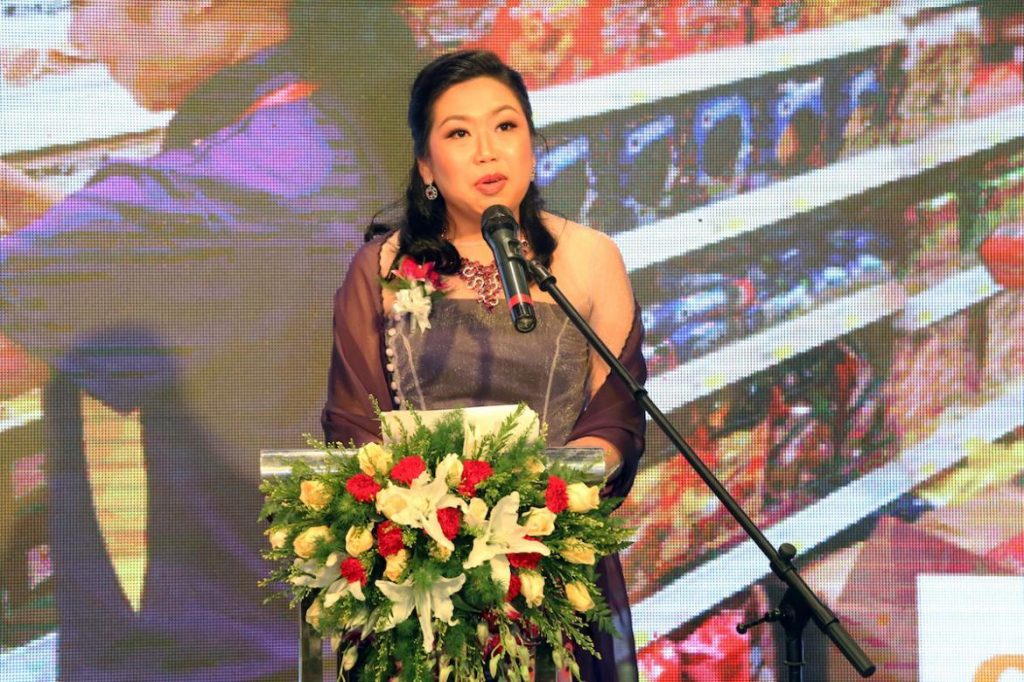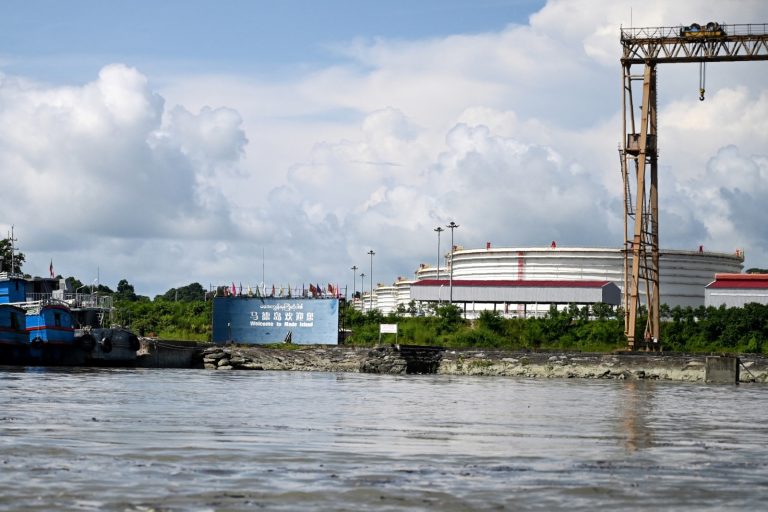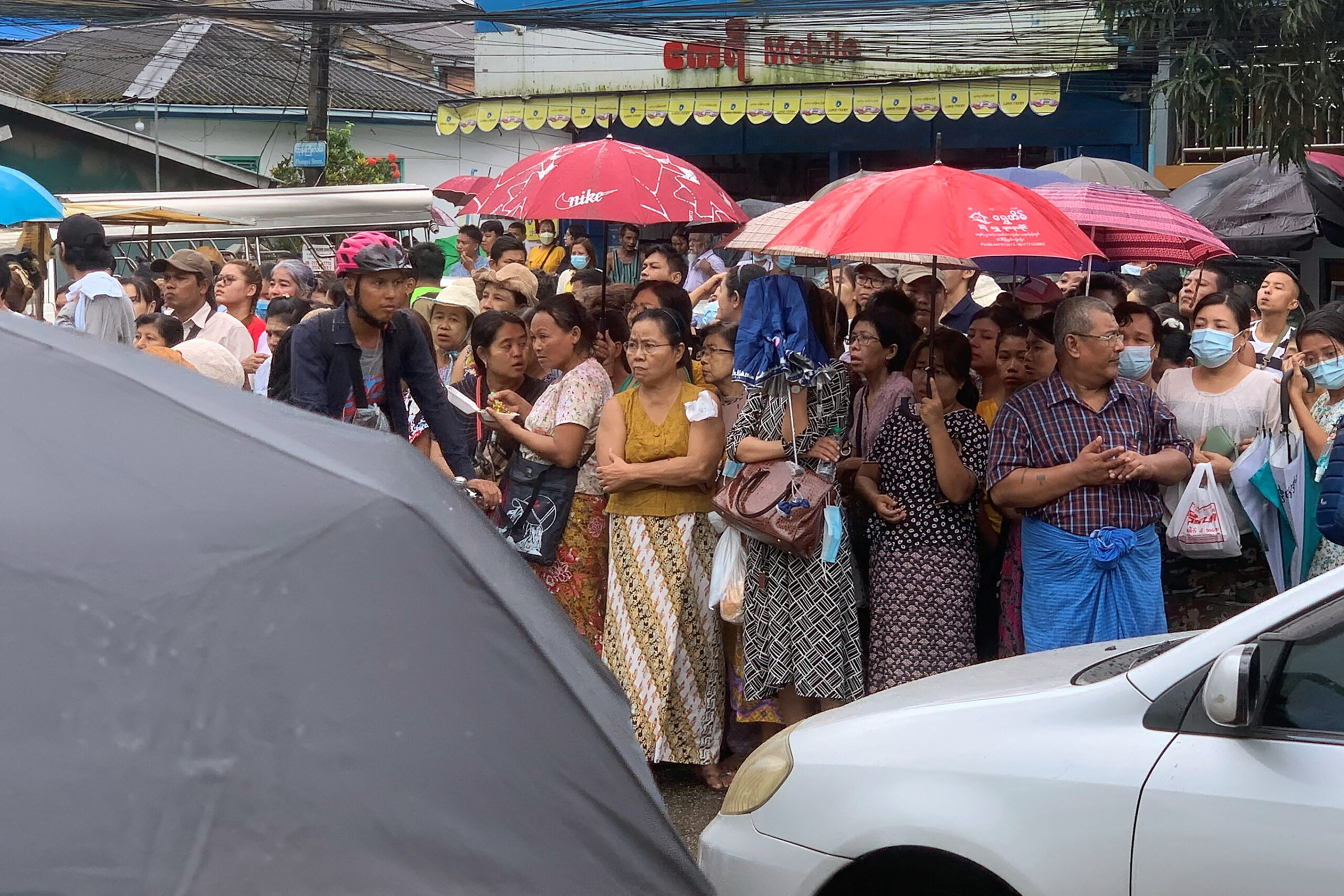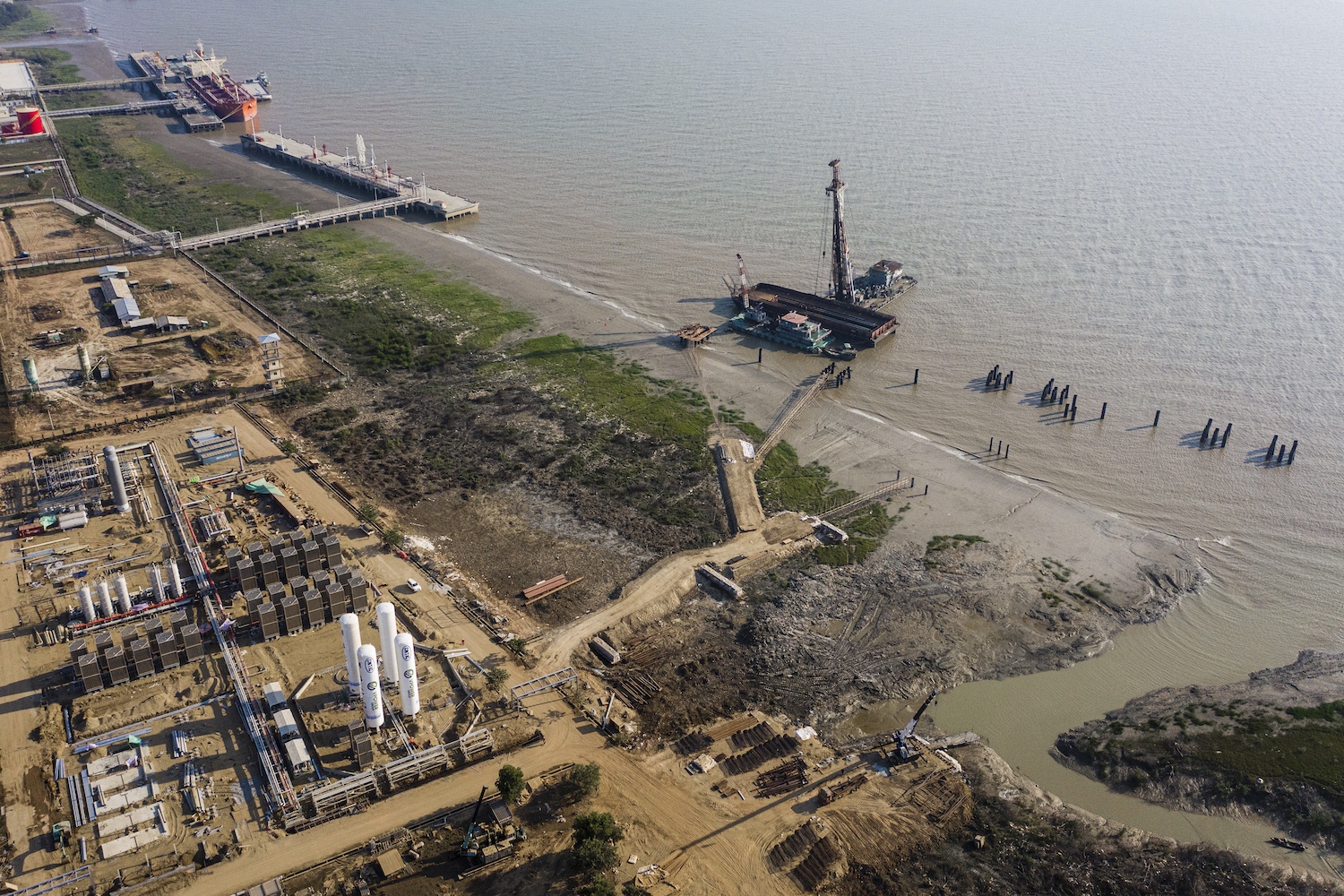By FRONTIER
YANGON — Familiar names featured among the top ranked companies in the latest Pwint Thit Sa report on corporate governance and transparency, which for the first time assessed the performance of leading state-owned economic enterprises.
The fifth Pwint Thit Sa report by the Myanmar Centre for Responsible Business, completed in partnership with business consultancy, Yever, assessed information disclosure on the corporate websites of 248 large enterprises.
They included five listed, 55 public and 160 privately-owned companies, as well as 28 of the most important SEEs, making it “the most ambitious public report ever published on the state of corporate disclosure in Myanmar,” said a press release marking the launch of the report on April 30.
It said the four highest ranked companies, CityMart Holdings, First Myanmar Investment, Max Myanmar and Shwe Taung, which have consistently featured in the top ten in previous Pwint Thit Sa reports, had all continued to improve their disclosure.
Support more independent journalism like this. Sign up to be a Frontier member.
The top ten companies, with last year’s ranking in parenthesis, are: CityMart (2), FMI (1), Max Myanmar (5), Shwe Taung (6), United Amara Bank (-), Grand Guardian Insurance Public Co Ltd (7), Myanmar Thilawa SEZ Holding Public Co Ltd (9), Dagon Group (7), Myan Shwe Pyi Tractors (22), and Aya Bank (4).
Max Myanmar and Shwe Taung were ranked equal third.
Of the 248 assessed companies, 108 or 44 percent, do not have corporate websites and most of those that do publish little or no corporate governance and performance data, the report said.
MCRB director Ms Vicky Bowman said at the launch that performance criteria added to the 2019 Pwint Thit Sa assessment exceeded that expected under the ASEAN Corporate Governance Scorecard.
“These criteria recognise and reward those companies which publish data on how they implement their policies … it is more challenging, as it requires companies to put in place systems to capture and measure performance data,” Bowman said.
“As a result, the average score has dropped from 7% in 2018, to 5% in 2019, even though overall disclosure is up, particularly amongst the top 10 to 20 companies,” she said.
Bowman drew attention to seven of the top ten ranked companies being privately-owned.
“This shows that what motivates their owners and top executives is not regulatory requirements but the business case for transparency, corporate governance and sustainability,” she said.
“They see it as a means to attract investors and business partners, and build their social licence to operate. But they also see a focus on performance – for example of energy efficiency – as a means of making savings for their bottom line.”
The report said the five companies on the Yangon Stock Exchange, which scored 32 percent on average, continue to outperform the public and private companies assessed, where the average score in each category – corporate profile, corporate goverance, sustainability management, and reporting – was four percent.
It said the SEEs had the lowest average score, with only two scoring slightly above the overall average mark of five percent.
The top ten SEEs, ranked in order, are: Construction and Housing Development Bank Ltd, Yangon Electricity Supply Corporation, Myanmar Railways, Thilawa SEZ Management Co Ltd, Myanmar Shipyards, Electricity Supply Corporation, Myanmar Pearl Enterprise, Myanmar Economic Corporation, Myanmar Economic Bank and Myanmar Investment and Commercial Bank.
The top ten ranked public companies are: Grand Guardian Insurance, Myanmar Agribusiness Public Corp (Mapco) Co Ltd, Myanmar Agro Exchange, Great Hor Kham, Myanmar Technologies and Investment Corp, Myanmar Payment Union, Yangon Bus Public Co Ltd, Ever Flow River Group, Elite Telecom and Asia Business Synergy.
Yever managing director Mr Nicolas Delange said the assessment had found that some companies were failing to fully implement their regulatory disclosure requirements and some may not even be aware of them.
“That’s why companies – particularly financial institutions – need to invest in compliance functions,” said Delange. “They also need support. Companies need guidance and feedback from the SECM, DICA and the Central Bank,” he said.
The report is available online at: https://www.myanmar-responsiblebusiness.org/pwint- thit-sa/2019.html






